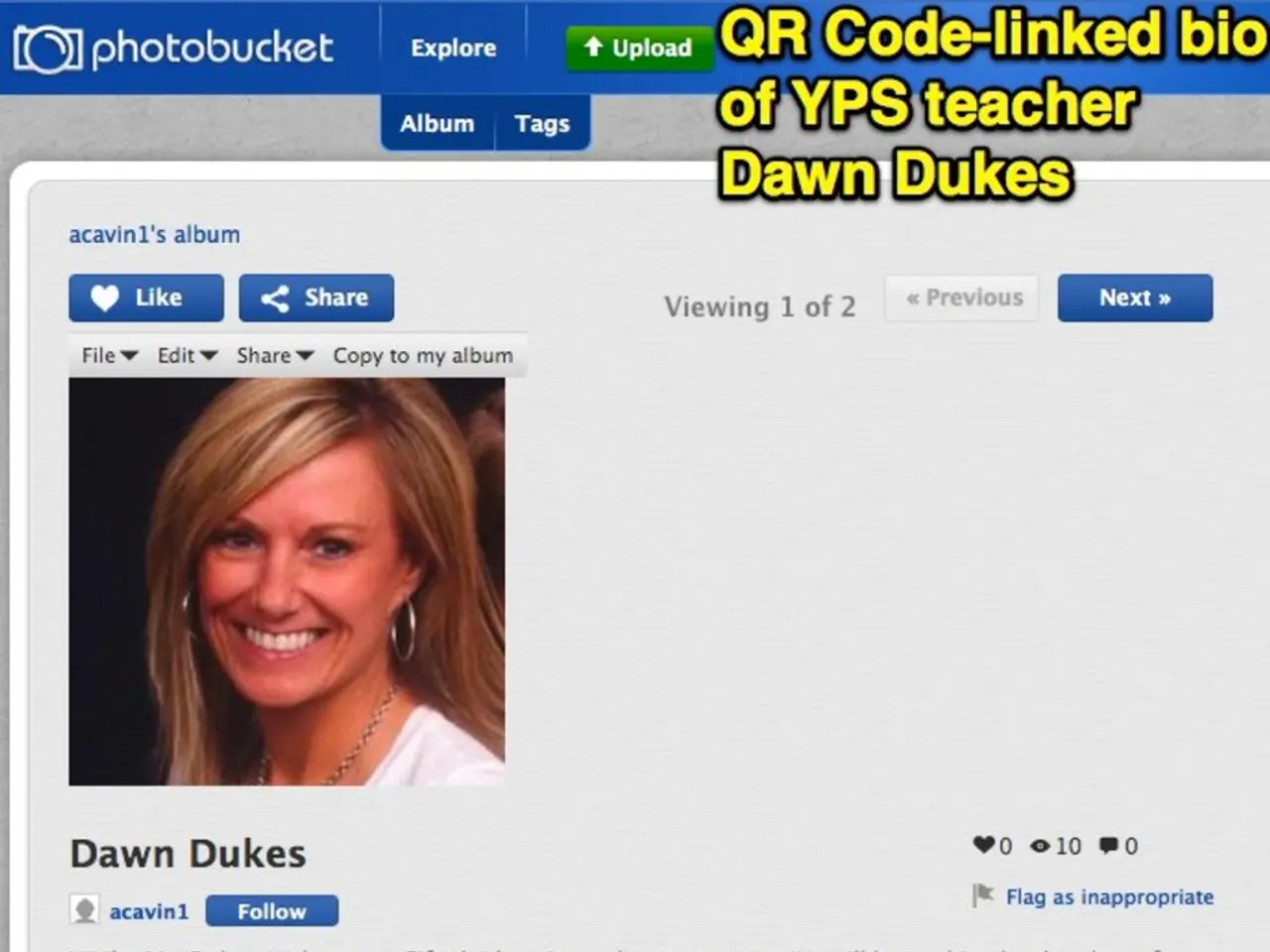The Impact of Social Media on Ex-Political Figures' Activities
**Former Political Leaders and Social Media: Navigating the Digital Landscape**
In the digital age, social media has become an essential tool for political leaders, including those who have left office. However, former political leaders must approach this platform with caution and strategy to maintain their credibility and influence.
**Authenticity and Transparency**
Authenticity and transparency are key to building trust with followers. Former political leaders should share personal insights and reflections to maintain a relatable image and provide updates on their activities, fostering openness and trust.
**Engaging Content**
Engaging content is essential to capturing the attention of followers. Using visuals like images and videos, storytelling, and clear messaging can help former leaders resonate with their audience and encourage participation.
**Active Engagement**
Regular interaction with followers is crucial for building a loyal community. Responding to comments and messages, inviting followers to participate in discussions, and staying active on relevant platforms can enhance engagement and foster a sense of community.
**Strategic Platform Use**
Choosing the right platforms is essential for reaching the target audience. Focusing on platforms where the audience is most active and posting consistently with a clear brand message is key to maintaining visibility and engagement.
**Promoting Causes**
Former political leaders can use social media to promote their causes, articulating their stance on issues and providing a clear call to action. This can encourage followers to take specific actions, such as donating or volunteering.
**Leveraging Current Events**
Staying relevant by using current events to highlight perspectives and reinforce causes keeps content timely and engaging. This can help maintain a connection with ongoing discussions and keep followers informed.
**Ethical Considerations**
Navigating ethical considerations like the revolving door, lobbying disclosure, and conflict-of-interest rules is essential for former political leaders. Careful consideration should be given to these issues to maintain the integrity of the leader's reputation.
**Building Bridges, Not Walls**
Social media should be used to build bridges and connect with people, not to erect walls. Former political leaders should avoid using social media to attack opponents or promote their agenda.
**Monitoring Online Reputation**
Monitoring online reputation and addressing any negative comments or rumors is essential for maintaining a positive image. This can help former political leaders maintain their credibility and influence.
**Long-Term Goals**
Former political leaders can pursue long-term goals like shaping public policy, influencing future leadership, mentoring rising talent, or contributing to global causes. This can help ensure that their voices are still heard on the issues that matter to them.
In conclusion, social media offers former political leaders a powerful tool to maintain public engagement, influence opinion, and promote their causes. However, it is essential to approach this platform with caution, transparency, and a strategic mindset to avoid potential pitfalls and maintain credibility.
[1] Social Media Examiner (2021) The Ultimate Guide to Social Media Strategy. [2] Pew Research Center (2019) Americans' News Habits Across Social Media Platforms. [3] Harvard Kennedy School (2019) The Future of Political Communication. [4] The Guardian (2020) Why authenticity matters in politics. [5] Forbes (2020) How to Build a Loyal Social Media Community.
- In the realm of thought leadership and consulting, former politicians can leverage social media to share their insights and reflections on politics, general-news, and entertainment, building a relatable image and fostering trust among their followers.
- To effectively capture the attention of their audience and promote their causes, former leaders may incorporate engaging content such as ads, storytelling, and clear messaging, relying on visuals like images and videos to resonate with their followers and encourage participation.
- To ensure an active and loyal community, former political leaders should engage in regular interaction with their followers, responding to comments and messages, inviting conversations, and staying present on relevant social media platforms.
- In addition to engaging content, strategic platform use is crucial for reaching the target audience and maintaining visibility. By focusing on platforms where the audience is most active and posting consistently with a clear brand message, former leaders can successfully manage their social media services.
- To remain relevant, former leaders can use current events as opportunities to highlight perspectives and reinforce causes, staying involved in ongoing discussions and ensuring that their followers are informed.
- Navigating ethical considerations like conflicts of interest, lobbying disclosures, and the revolving door is essential for maintaining the integrity of a former leader's reputation, especially when it comes to branding and reputation management in the digital age.




